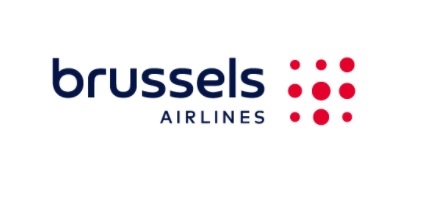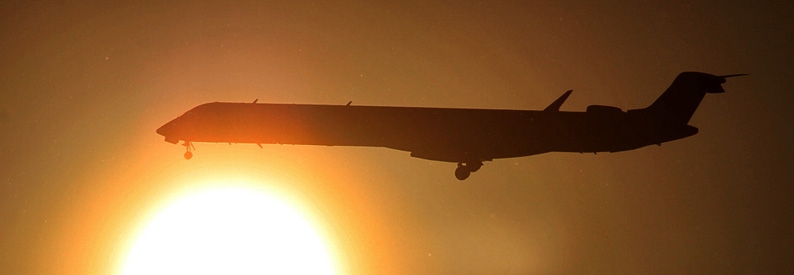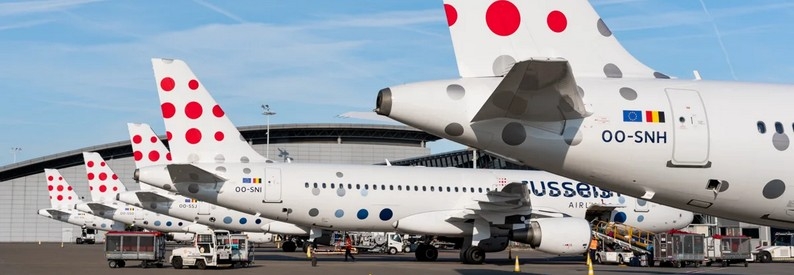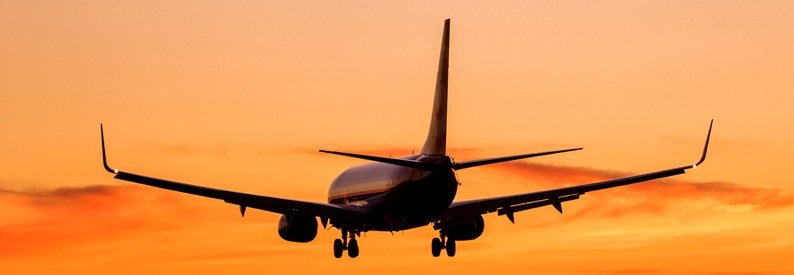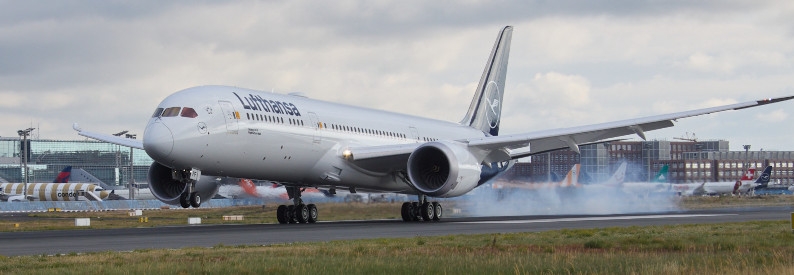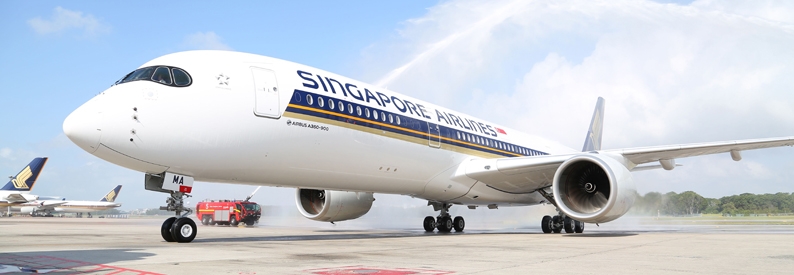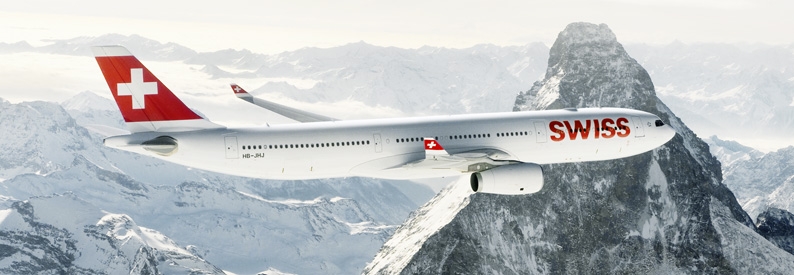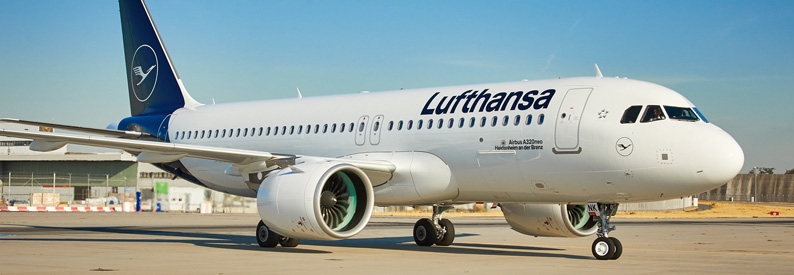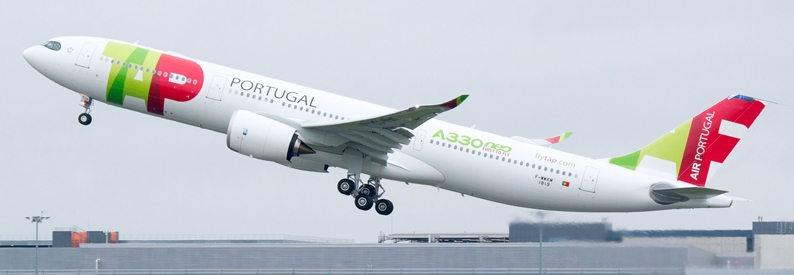The international aviation industry, under the auspices of the International Air Transport Association (IATA), has called on Belgium to scrap a proposed night flight ban at Brussels National, aimed at reducing noise pollution, and adopt a balanced approach enshrined in its bilateral air service agreements and European Union law.
"It is vital that the government scrap this proposal and instead engage in a meaningful consultation with stakeholders," said IATA's Regional Vice President for Europe, Rafael Schvartzman.
"The balanced approach explicitly states that flight restrictions should be applied as a last resort, only after a detailed consultation and cost-benefit analysis, and when the noise benefits to be gained from other possible measures [...] have been exhausted," said the association, which represents about 300 member airlines worldwide.
It also argued that a night flight ban would hurt air connectivity and, therefore, the Belgian economy. "Many of the flights that would be impacted by a night ban are cargo flights. Belgium is particularly strong in pharmaceutical exports, which rely on air transport for rapid, time-and-temperature controlled shipment, in which [Brussels] Zaventem is a world-class leader."
"In terms of air connectivity, the airport facilitates a modest but important number of night flight connections. Among the routes that would be threatened by a ban are connections to Africa – one of the world's fastest-growing economic regions."
On July 14, Belgium's Deputy Prime Minister and Minister for Mobility Georges Gilkinet presented a draft ministerial decree in inter-cabinet consultations to limit noise pollution for residents living near Brussels National, suggesting a total ban on night flights between 2300L (2100Z daylight saving time) and 0600 (0400Z daylight saving time) from October 2024. The decision aims to reduce noise levels by between 20% and 100% depending on the time of day.
"The noise concerns of the community around Brussels airport must be heard, but it is profoundly unfortunate that [Belgium's Deputy Prime Minister and EU Minister for Mobility Georges] Gilkinet has attempted to circumvent the balanced approach, which is the long-accepted and successful international process for managing airport noise impacts. The balanced approach specifically helps to mitigate noise while protecting the benefits of air connectivity for the economy and community both near the airport and across Belgium as a whole, not least in terms of thousands of jobs," Schvartzman said in a statement.
Brussels Airlines (SN, Brussels National) Chief Executive Officer Dorothea von Boxberg agrees the Belgium government's approach "is unacceptable from an aviation point of view," reports The Brussels Times. She said the airline supported a more measured approach. "It would certainly be a reasonable and achievable goal to say there should be a reduction in noise year after year."
The Lufthansa Group subsidiary is investing in quieter and more fuel-efficient aircraft with five A320-200Ns to be delivered by the end of 2024, in a gradual replacement of its older fleet of sixteen A319-100s and eighteen A320-200s.
Brussels National is not the only European airport where airlines are battling authorities over noise and emission restrictions. A similar battle is being fought at Amsterdam Schiphol in The Netherlands, where a group of major airlines led by KLM Royal Dutch Airlines (KL, Amsterdam Schiphol) and supported by IATA and other industry organisations are appealing a July 7 judgement of the Dutch appeal court that allows the government to scale back capacity next year to reduce noise and carbon emissions. KLM has suggested an alternative plan to the Dutch government, wherein it proposes to invest up to EUR7 billion euros (USD7.6 billion) in new aircraft and will adopt smarter flight procedures and schedules.
- Type
- Base
- Aircraft
- Destinations
- Routes
- Daily Flights
